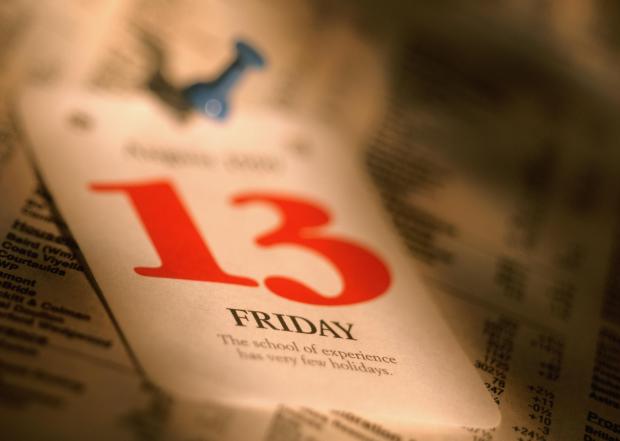Friday the 13th: What is the origin of this superstition?
For some, Friday the 13th is deemed the most ill-fated day of the year, believed to bring misfortune to all who experience it.


The legendary date has served as inspiration for countless horror films and continues to send shivers down the spines of many across the nation, even in modern times.
Yet, for most, the origin of this superstition remains shrouded in mystery, with even fewer understanding the reason behind its supposed unluckiness.
As it’s Friday the 13th today, here’s everything you should be aware of before testing your luck.


How frequently does Friday the 13th occur?
This ill-fated date occurs at least once annually but can occur up to three times within the same year.
In 2015, it fell in February, March, and November, and it is set to recur in 2026.
What is the origin of Friday the 13th, and why do some regard it as an unfortunate day?
In numerous Western superstitions and cultures, Friday the 13th is deemed an inauspicious day. This occurs when the 13th day of a month in the Gregorian calendar falls on a Friday.
The belief that 13 brings misfortune has origins in various mythologies, including Norse. However, for many, the association between the number 13 and bad luck stems from biblical reasons, as reported by the BBC.
It’s believed that Judas, who betrayed Jesus, was the 13th guest to take a seat at the Last Supper.
This superstition is so deeply ingrained that many still consider it unlucky to have 13 individuals gathered around the same dinner table.


Delving into Norse traditions, the number 13 is deemed inauspicious due to a dinner party hosted by the gods being marred by the 13th guest, Loki, who plunged it into darkness.
The notion of Friday being an unlucky day in the UK can be largely attributed to Geoffrey Chaucer’s renowned Canterbury Tales, scribed in the 14th Century. In it, he remarks, “and on a Friday fell all this mischance”.
Friday was also colloquially known as Hangman’s Day, owing to its historical association with the day when those condemned to death were typically executed by hanging.



